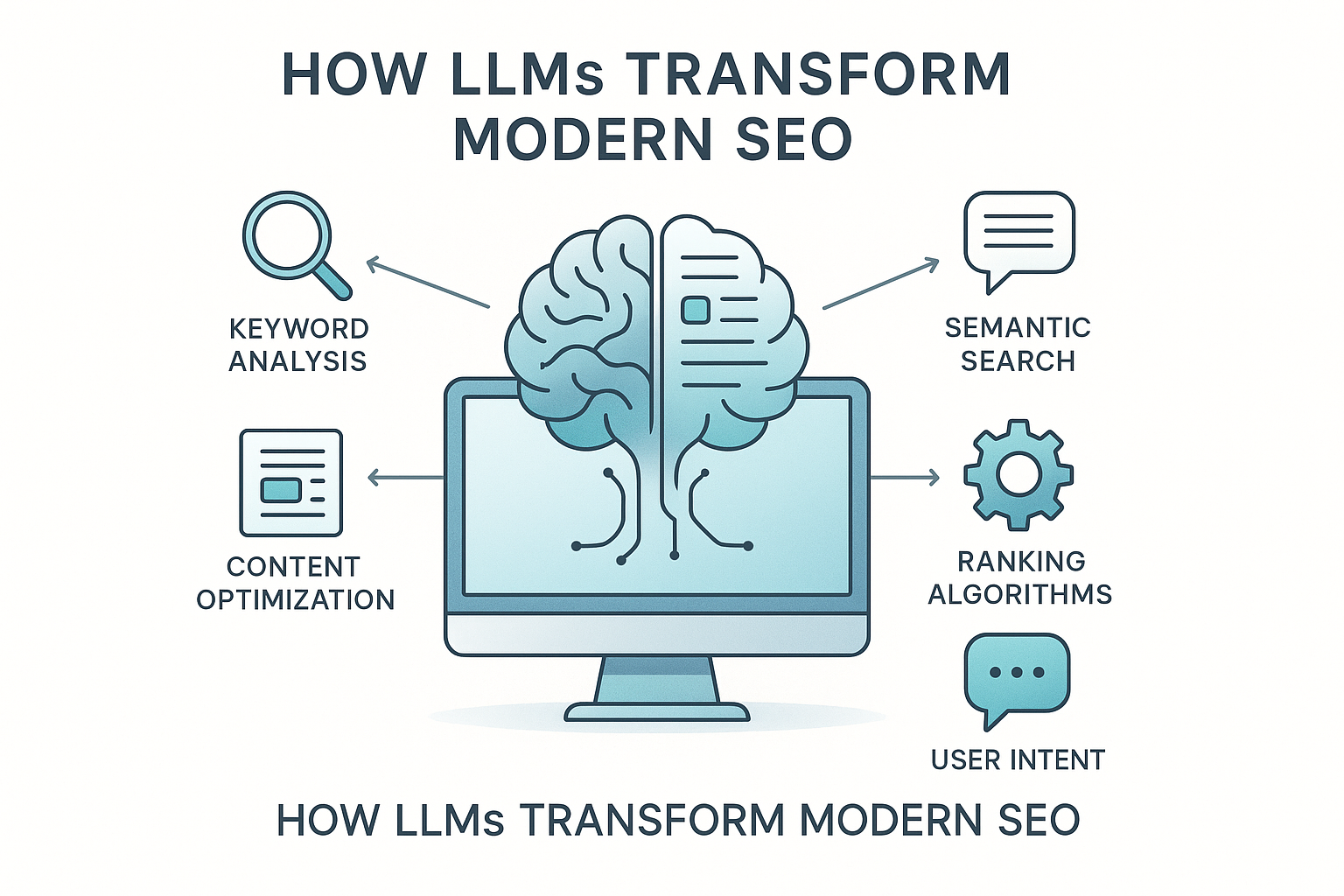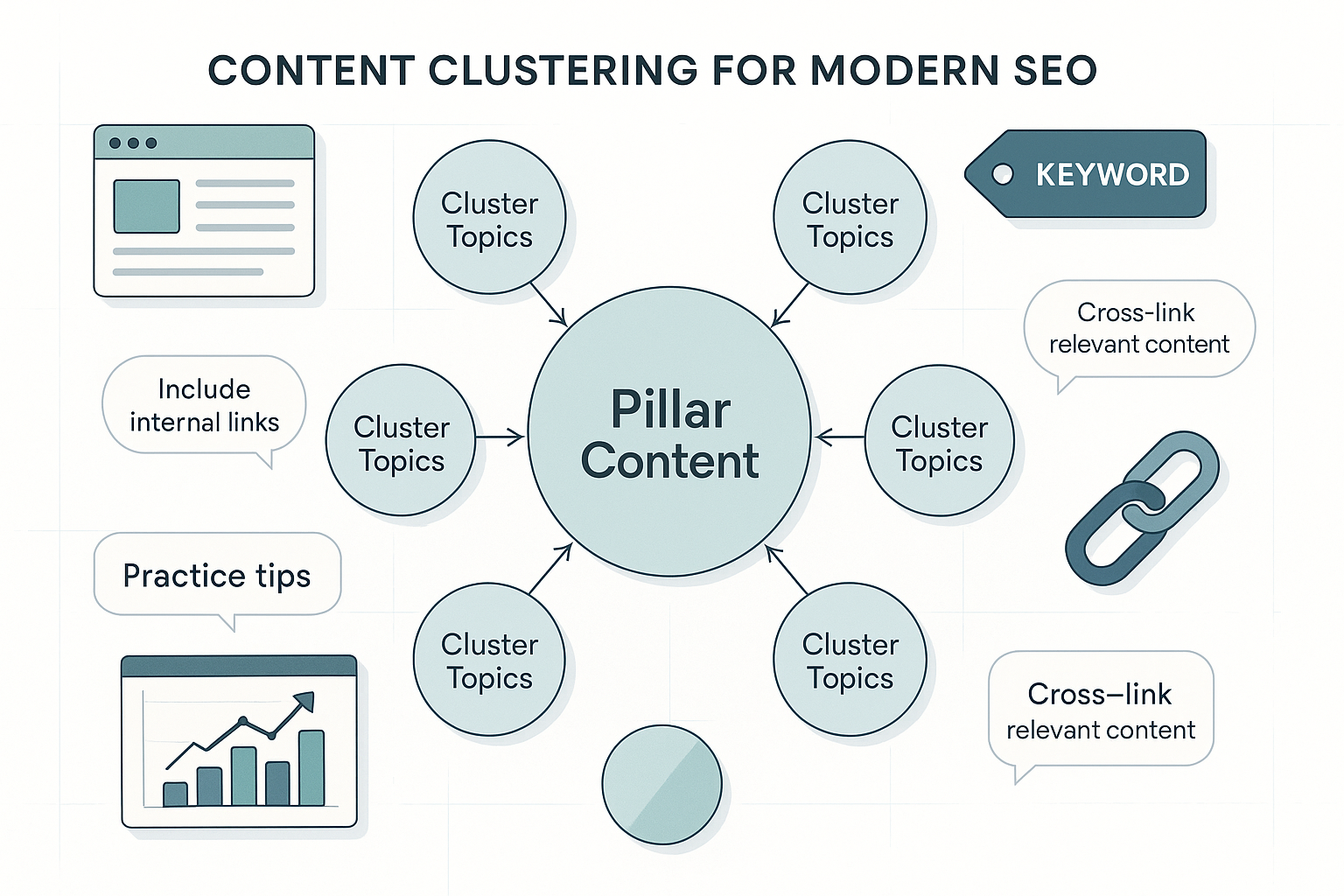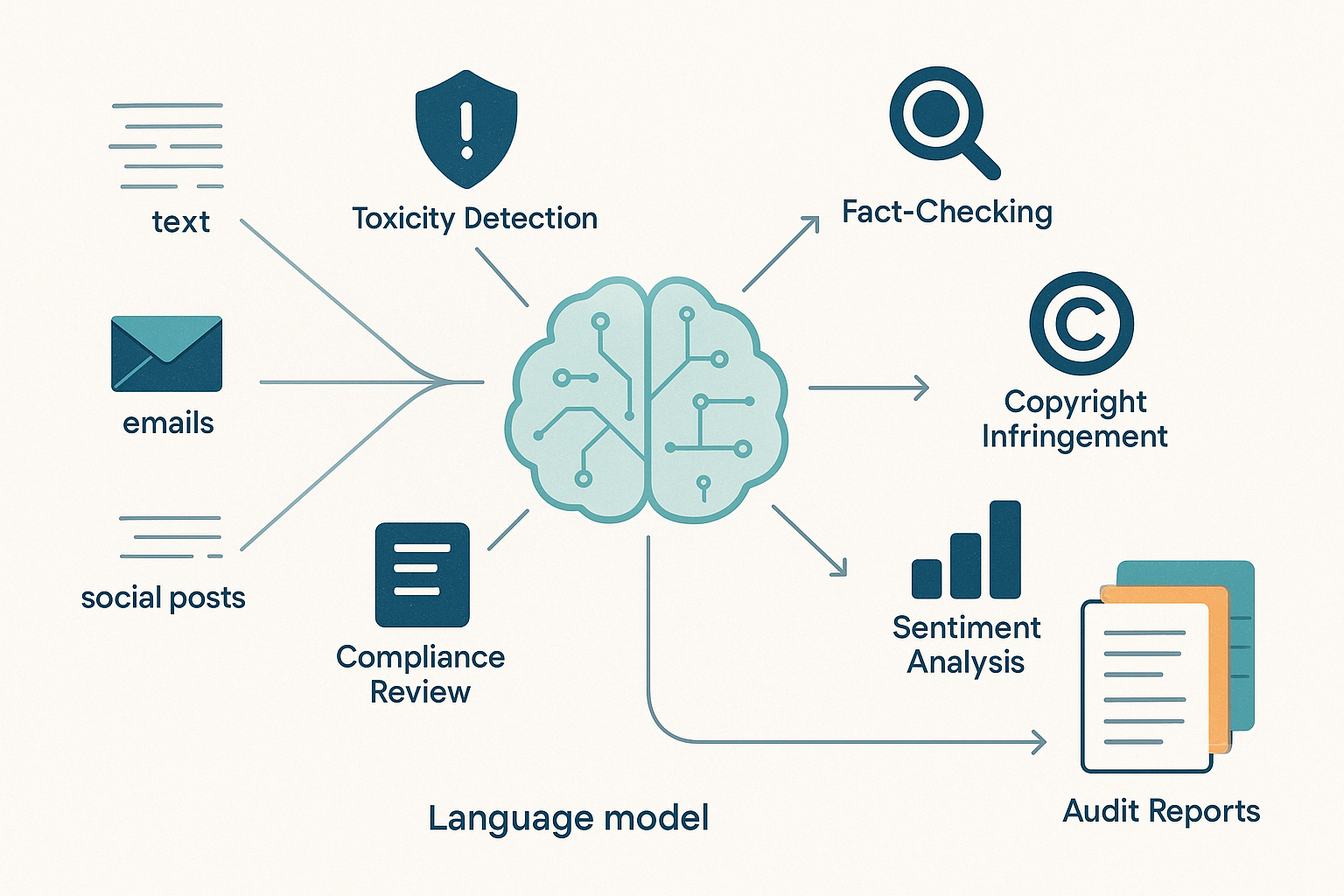Advanced on page SEO made simple.
Powered by POP Rank Engine™
Includes AI Writer
7-day refund guarantee
In the ever-evolving world of digital marketing, SEO (Search Engine Optimization) remains a cornerstone of online visibility. But as search engines grow more sophisticated, so too must our approach to keyword research. Enter AI keyword research—a game-changer that enhances efficiency, accuracy, and strategic decision-making. Whether you're a digital marketer, content creator, or business owner, understanding AI-powered keyword research is crucial for staying ahead in an increasingly competitive landscape.
Which is the best LLM for SEO content?
Get the full rankings & analysis from our study of the 10 best LLM for SEO Content Writing in 2026 FREE!

- Get the complete Gsheet report from our study
- Includes ChatGPT, Gemini, DeepSeek, Claude, Perplexity, Llama & more
- Includes ratings for all on-page SEO factors
- See how the LLM you use stacks up
What is AI Keyword Research?
AI keyword research refers to the process of leveraging artificial intelligence to identify, analyze, and optimize keywords for SEO. Unlike traditional keyword research, which relies on manual analysis and basic tools, AI-driven research harnesses machine learning, natural language processing (NLP), and big data to deliver more precise and actionable insights.
AI keyword research tools go beyond surface-level search volumes; they understand user intent, predict emerging trends, and generate data-driven recommendations. This allows marketers to create content that aligns perfectly with search engine algorithms and user expectations.
The Benefits of AI Keyword Research
1. Enhanced Accuracy and Relevance
AI-powered keyword research tools analyze vast amounts of data in real-time, providing insights that go beyond traditional methods. They can predict search intent, suggest long-tail keywords, and offer contextual relevance, ensuring that your content matches what users are actively searching for.
2. Speed and Efficiency
Manual keyword research can be time-consuming and prone to human error. AI automates the process, delivering results in seconds. This efficiency allows marketers to focus more on content creation and strategy rather than spending hours sifting through keyword lists.
3. Competitor Analysis at Scale
Understanding what keywords your competitors are ranking for is essential for developing a strong SEO strategy. AI tools can quickly analyze competitor websites, revealing high-performing keywords and content gaps that you can capitalize on.
4. Predictive SEO and Trend Analysis
AI doesn't just analyze current trends; it predicts future ones. By examining search patterns and user behavior, AI-driven tools can identify rising keywords before they become highly competitive. This gives businesses a strategic advantage by enabling them to create content ahead of the curve.
5. Voice Search Optimization
With the rise of voice search through devices like Google Assistant, Siri, and Alexa, keyword strategies must adapt. AI tools help optimize for conversational and question-based queries, ensuring your content remains relevant in the era of voice search.
6. Personalization and User Intent Analysis
AI-driven keyword research is not just about volume; it's about relevance. By analyzing user behavior, intent, and past interactions, AI can suggest keywords that resonate with specific audience segments, improving engagement and conversion rates.
Which is the best LLM for SEO content?
Get the full rankings & analysis from our study of the 10 best LLM for SEO Content Writing in 2026 FREE!

- Get the complete Gsheet report from our study
- Includes ChatGPT, Gemini, DeepSeek, Claude, Perplexity, Llama & more
- Includes ratings for all on-page SEO factors
- See how the LLM you use stacks up
How AI Keyword Research Works
1. Data Collection and Processing
AI-powered tools scan search engines, websites, and social media platforms to collect massive amounts of keyword data. They analyze metrics like search volume, competition, click-through rates (CTR), and user behavior patterns.
2. Natural Language Processing (NLP) for Intent Analysis
Modern AI tools use NLP to understand how people phrase their searches and what their intent is. Whether users are looking for information, making a purchase, or seeking local services, AI deciphers these nuances and suggests the most appropriate keywords.
3. Machine Learning for Predictive Insights
Machine learning algorithms study search trends, seasonality, and historical data to predict keyword performance. They can identify which keywords are likely to gain popularity and which ones are losing relevance over time.
4. Competitor Benchmarking
AI tools analyze competitor content, backlinks, and keyword strategies to highlight opportunities. By understanding what works for others in your niche, you can refine your approach and outperform competitors.
5. Automated Keyword Clustering and Grouping
Instead of handling long lists of disjointed keywords, AI tools categorize them into meaningful groups. This makes it easier to plan content strategies and create topic clusters that enhance SEO performance.
Best AI-Powered Keyword Research Tools
1. SEMrush
SEMrush uses AI to provide in-depth keyword research, competitor analysis, and SEO recommendations. Its Keyword Magic Tool suggests thousands of related keywords based on intent and competition levels.
2. Ahrefs
Ahrefs' AI-driven keyword research tool offers precise data on search volume, keyword difficulty, and traffic potential. It also provides insights into what competitors are ranking for and how to outrank them.
3. Google Keyword Planner (AI-Powered by Google)
Google's Keyword Planner uses AI to recommend relevant keywords based on real-time search data. It integrates seamlessly with Google Ads and organic search strategies.
4. Surfer SEO
Surfer SEO leverages AI to analyze top-ranking pages and generate data-driven keyword suggestions. It provides a content score that helps optimize articles for higher search rankings.
5. ChatGPT and AI Content Generators
AI-powered tools like ChatGPT can generate keyword ideas based on user queries, making it easier for content creators to develop SEO-friendly topics.
How to Implement AI Keyword Research in Your SEO Strategy
1. Define Your Goals
Before diving into keyword research, determine your objectives. Are you looking to drive traffic, generate leads, or improve conversions? Your goals will shape your keyword strategy.
2. Use AI Tools for Comprehensive Analysis
Leverage AI-driven platforms to find high-impact keywords, analyze competition, and predict trends. Use multiple tools to cross-validate your findings.
3. Focus on Search Intent
Prioritize keywords based on intent rather than just volume. AI helps identify whether users are searching for informational, navigational, transactional, or commercial investigation purposes.
4. Optimize for Long-Tail and Conversational Keywords
Long-tail keywords often have lower competition and higher conversion rates. AI tools suggest variations that align with natural language patterns, making them ideal for voice search and niche targeting.
5. Monitor and Adapt
SEO is not a one-time effort. Continuously track keyword performance using AI-powered analytics. Adjust your strategy based on new trends, competitor movements, and algorithm updates.
The Future of AI in Keyword Research
AI keyword research is still evolving, and its future promises even more advanced capabilities. With AI-driven automation, voice and visual search optimization, and real-time predictive analytics, SEO strategies will become more dynamic and effective.
Businesses that embrace AI-powered keyword research will not only gain a competitive edge but also ensure that their content remains visible, relevant, and impactful in the digital landscape.
Final Thoughts
AI keyword research is no longer an option; it's a necessity. Whether you're a startup or an established brand, leveraging AI tools will streamline your SEO efforts, improve content performance, and help you stay ahead in the ever-changing world of search engines. The key is to use AI as an ally—integrating its capabilities with human creativity and strategic thinking to achieve the best results.
By adopting AI in your keyword research process today, you're setting yourself up for sustained online success in the future.







